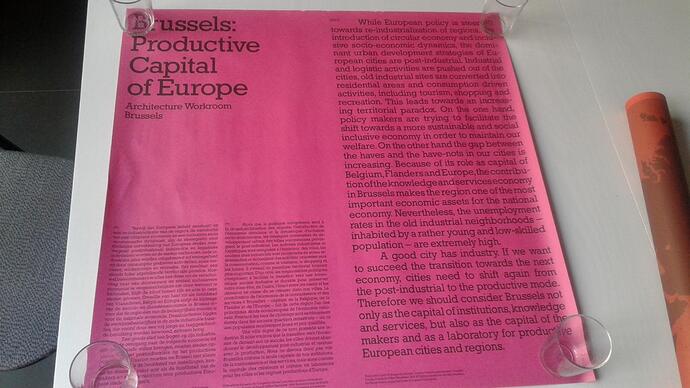- Collect 10 posts - short writeups about opencare; openandchange, edgeryders -
- Press release + invitation letter -
- pictures, logos, banners
Workshop flow
- Introduce day, purpose, what's in it for individual projects and what is expected of them (30 mins)
- Shared Agreements: \#nospectators, documentation, follow-up
- Timeline: What happens Before, During and After workshop
- Documentation: how we will process it (OpenEthnographer) and what that requires
- Follow up: The application, Connecting participants with opportunities, LOTE6
- #Nospectators: What is required from each participant to make this a generative, sucessful endeavor for all - I.e. the social contract
- Please open your laptops and open this document [link to by invitation only google drive document]]
- Shared Agreements: \#nospectators, documentation, follow-up
- Learning from experiences around the world (1 hr)
- 30 min Presentation of 10 cases + 30 minute facilitated discussion
- Listening triads - filled in templates posted online and printed on location (set cards)
- 30 min Presentation of 10 cases + 30 minute facilitated discussion
- Matchmaking local projects around shared priorities and interests: rigorously documented conversation (audio recorder/table)
- Select well being indicator cards, people clustered around impact they want to have with their work.
- Listening triads - focus this time is "tell me about your work" (15 mins x2)
- Listening triads - Impact
- Plenary: Synthesis into 140 character descriptions of what you do, why, key/interesting quotes etc
- Discuss where the projects are promising and where failing. Identify where they can complement one another and define shared vision, mission, strategy and measures of success/ milestones
- Define key shared activities and infrastructures
- Asset and Skill mapping
- PRODUCE SUMMARY TEXT, BUDGET DOCUMENT, VIDEO AND VISUALISATION
Focus on the stories and individual participants' projects
Do not cater too much to the language divide: It is important that the participants internalise this is a transnational project and that the Edgeryders core team facilitator can follow and participate in the conversation - someone from participants can interpret if needed. Do not allocate space during the workshop for imagining systems impact/ improvements. Those discussions tend to be too general/meta - deep insights will emerge as a result of our analysis of the documentation from first hand accounts of experiences from doing things. Instead dedicate much more time to introducing and discussing the stories that have been shared online - Set up structure of workshop so that the stories are featured and highlighted as the point of departure for each discussion. People who wish to have their own stories featured/discussed need to submit them ahead of the workshop. Ensure that there is space for people to talk about one another’s work and focus on how to help each other move the individual initiatives forward.
Break the workshop into 3 parts: 1) Discovering 2) Discussing 3) Doing
- Discovering: OPEN the workshop with a talk highlighting 10 inspiring projects that have shared their stories online, and
- Discussing: The approaches introduced through the stories and how different participants relate to them: points of convergence and divergence with their own work.
- Doing: Discuss what could be done for/by individual participants work as inspired by what they have learned from peers work. Build some tangible, actionable plan for how to implement lessons learned in driving the projects forward, both as separate projects doing their own thing and as a collective/ecosystem of care initiatives.
Preparations for the next workshops
a) Select the 10 best stories so far covering the range of projects. For each story: Produce 1 A4 page summary of the main points + some good quotes (a lot of the preparatory work has been done here).
b) Produce design files for large format posters, each one containing a story.
c) Produce a deck of slides (and presenter notes) for introducing the selected project stories
d) Get hold of audio recording equipment: capture in audio the discussions during the day and immediately extract/convert files to Mp4 format on location
e) Get participants to write their own summaries and hand them over before leaving the room. Alternatively have someone transcribe the discussions work for word and give us the texts. Talking somehow is less effective than writing -with talking there is risk of a lot of vagueness that works when speaking because you can infer a lot of thins, but not so much in writing…which is our medium.
